INSTITUTE
LEARN HOW TO GUIDE OTHERS IN AYURVEDA
at Mount Madonna, California
INSTITUTE
LEARN HOW TO GUIDE OTHERS IN AYURVEDA
at Mount Madonna, California
Achieve optimal health through Ayurveda! The Ayurveda Educator (AE) online program is perfect for those who want to focus on self-care and educating others. This program will provide you with the knowledge and tools to make informed diet and lifestyle choices that enhance your well-being. Over the course of 307 hours, delivered fully online over six months, you’ll learn how to integrate Ayurvedic practices into your daily routine, empowering you to lead a healthier, more balanced life. Join us and discover the transformative power of Ayurveda for your personal health journey.
Why study at Mount Madonna Institute?
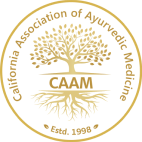

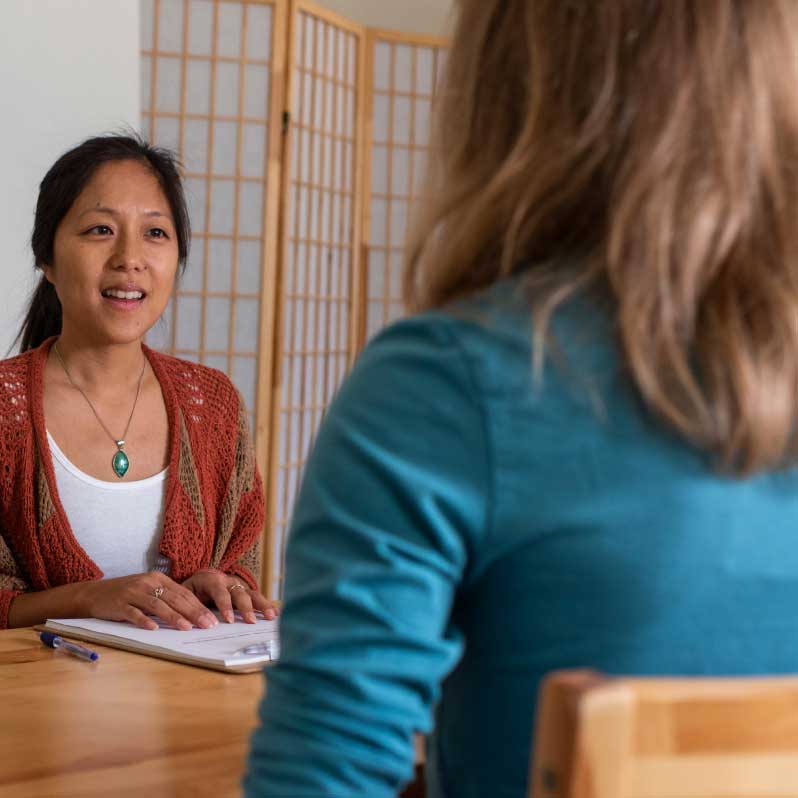
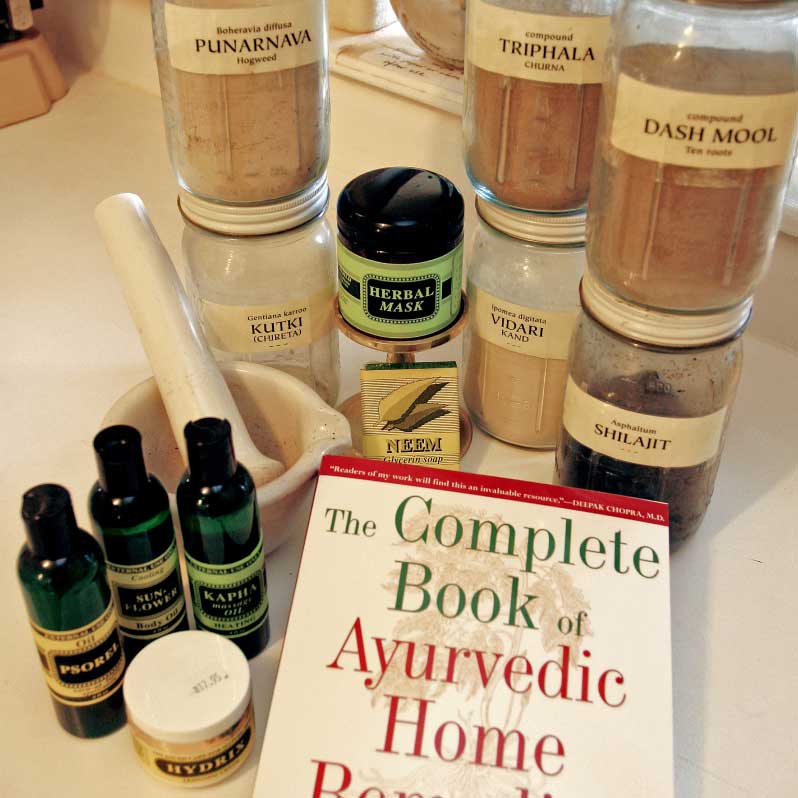
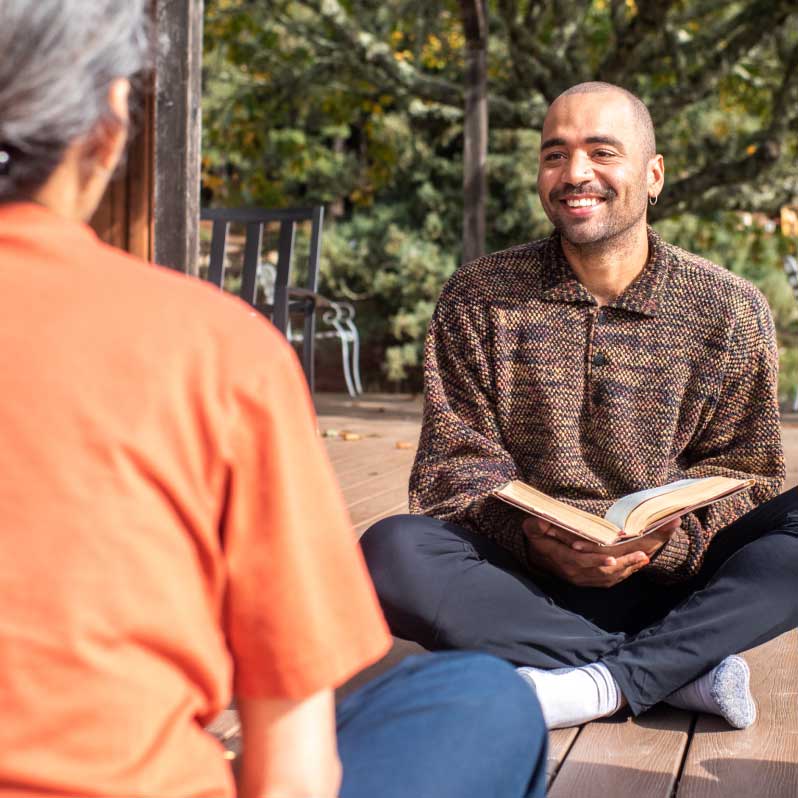
Estimated total: $4,500
See full details below.
See our 2025 Catalog.
More Information
For more information regarding our programs and admissions, please email us at info@mountmadonna.org or call (408) 846-4060.
| Thursday Evening | ||
|---|---|---|
| 5:00 pm – 7:00 pm | Integration | 2 hr |
| Friday – Sunday | ||
| 7:00 am - 8:30 am | Yoga | 1.5 hr |
| 9:30 am - 12:30 pm | Lecture | 3 hr |
| 1:30 pm - 5:30 pm | Lecture / Integration | 4 hr |
| Tuesday Evenings | ||
| 5:00 pm - 7:00 pm | Lecture / Integration | 2 hr |
| Thursday Evening (1 per month) | ||
| 5:00 pm - 7:00 pm | Sanskrit | 2 hr |
| *Pacific Time Zone |
OR
A 12-month program: 9 months of online modules and coursework, one 7-day in-person student clinic/integration practicum, and 3 months to complete clinical consultations online.
After completing the Ayurvedic Health Counselor program and the Advanced Yoga Studies (YTT 300) program, attend six months of online Yoga-Ayurveda Integration, one 6-day in-person practicum, and one year of clinical practice.
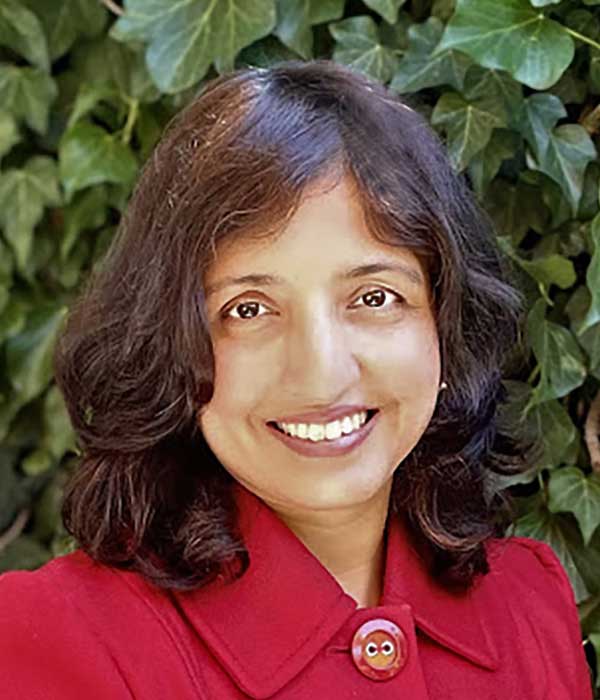
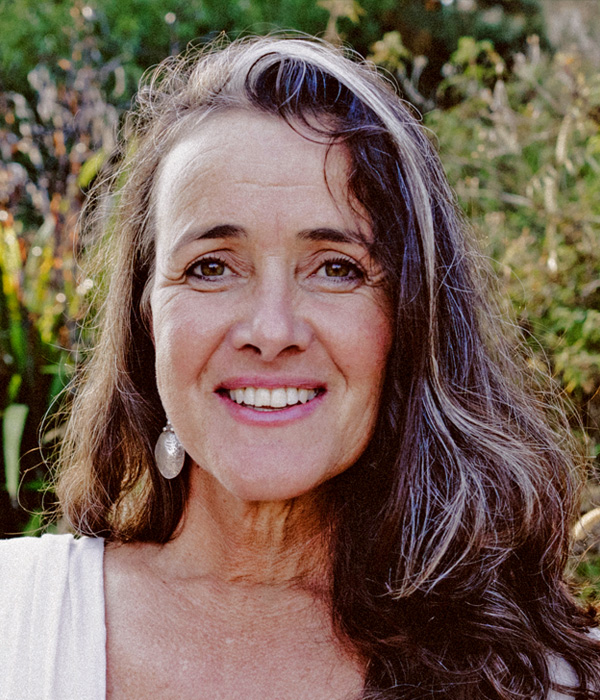
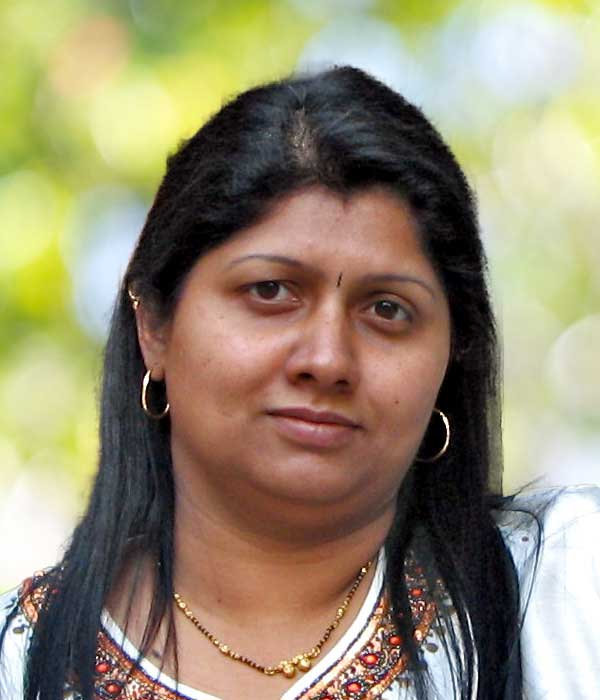

Course No. AY 100 Prerequisites: None
This course introduces the practice of yoga. Students are required to learn and perform yoga postures, breathing practices, and meditation practices. This course is taken concurrently with AY 101, AY 102, AY 103, AY 104, AY 105, AY 106, AY 107, AY 109, AY 111, AY 112, AY 113, AY 115, AY 130, AY 150.
No. AY 101
Description: This course introduces students to the 5,000-year-old tradition of Ayurveda, its aims and objectives, basic principles, concepts of health and disease, methods of examining patients, and treatment methods. Students gain a solid foundation in the science, history, and philosophy of Ayurveda.
They are introduced to the concepts of individual nature and dosha imbalance as the basis for diagnosis of health and disease, as well as the five-element theory.
Course No. AY 102
Description: This course examines the disease process in Ayurvedic medicine, including Ayurvedic anatomy and physiology, the cause of disease, the stages of disease, formation of tissues, and classification of disease. Students learn the process of constitutional analysis.
Course No. AY 103
Description: This course introduces the student to Ayurvedic recommendations for creating healthy lifestyles, daily and seasonal routines, yogic cleansing practices, and self-care. Students also learn therapies focusing on the five senses.
Course No. AY 104
Description: This course teaches yoga philosophy and practice and its benefits in health and disease prevention. Students learn the Ayurvedic effects of different styles of yoga practice, yogic cleansing for disease prevention, and meditation and breathing practices to restore healthy balance to mind and body.
Course No. AY 105
Description: This course introduces the principles of Ayurvedic nutrition and digestion. Students will learn the use of diet and nutrition programs in health and disease, individual guidelines for diet, and a balanced diet for the seasons, while exploring the Ayurvedic approach to the energetics of food.
Course No. AY 106
Description: This course introduces the student to the energetics of consciousness, the Ayurvedic description of the mind, and therapies to support the mind. Fundamental concepts of manas, prakruti and vikruti, the effects of sensory input on the mind, and approaches to managing mental health are explored.
Course No. AY 107
Description: This course continues to study nutrition and introduces the traditional use of herbs in Ayurvedic medicine. Students learn the therapeutic use of food and spices, using food as medicine. The course introduces Ayurvedic foods to balance the doshas and maintain health.
Students will study Ayurvedic herbal philosophy and practices, the Herbal Materia Medica, and the terminology of herbal actions. They begin to understand the use of Ayurvedic herbs to restore physical and psychological balance.
Course No. AY 113
This course introduces students to the foundations of women’s health including fertility, menstrual cycle, and menopause, offering recommendations to support imbalances. The course also covers Ayurvedic recommendations for supporting healthy conception, prenatal and postnatal care for expectant mothers, and care for young children.
Course No. AY 116
Description: Students are introduced to the subtle sister science of Ayurveda, Jyotish (Vedic astrology). Students learn the fundamental concepts of Jyotish, how it can complement client care, and when clients may be referred to an experienced Jyotish practitioner. Students are introduced to the Vedic practices of Hasta (palmistry) and Vastu (science of structures and their energetics), and how these practices can complement client and personal care.
Course No. AY 130
Description: This course introduces the student to the ancient Vedic language of Sanskrit. Students learn to read, write, and chant Sanskrit. This course is taken concurrently with AY 100, AY 101, AY 102, AY 103, AY 104, AY 105, AY 106, AY 107, AY 109, AY 111, AY 112, AY 113, AY 115, AY 150.
Course No. AY 150
Description: Students spend time integrating the content of the courses of the weekend while engaging in practical applications of the principles covered. This course is taken concurrently with AY 100, AY 101, AY 102, AY 103, AY 104, AY 105, AY 106, AY 107, AY 109, AY 111, AY 112, AY 113, AY 115, AY 130
Course No. AY 159
Description: Students will have the opportunity to observe experienced Ayurvedic Practitioners in consultations in the classroom. This course runs concurrently with AY 100, AY 101, AY 102, AY 103, AY 104, AY 105, AY 106, AY 107, AY 109, AY 111, AY 112, AY 113, AY 115, AY 130.

Populi is a web-based learning management system (LMS). It covers academics, admissions, billing, people, reporting, library, integrated email and calendar. MMI uses Populi as its student information and learning management system, where all student and classroom activity is recorded. Application, enrollment, course work, lessons, assignments, quizzes, grades, transcripts, and financial balances are all located in Populi.
Open House & Info Sessions
Join us for an In-Person Open House or an Online Information Session to learn about upcoming Yoga & Ayurveda Programs.
For more information regarding our programs and admissions, please email us at info@mountmadonna.org or call (408) 846-4060.
Frequently asked questions about our Ayurveda programs.